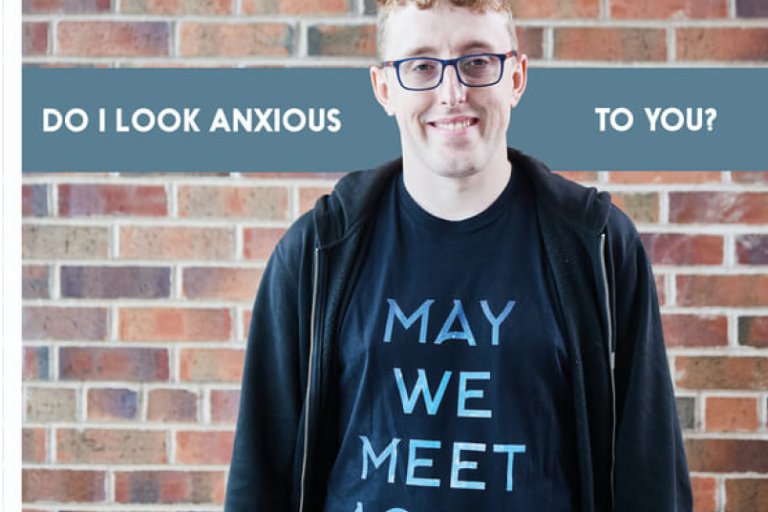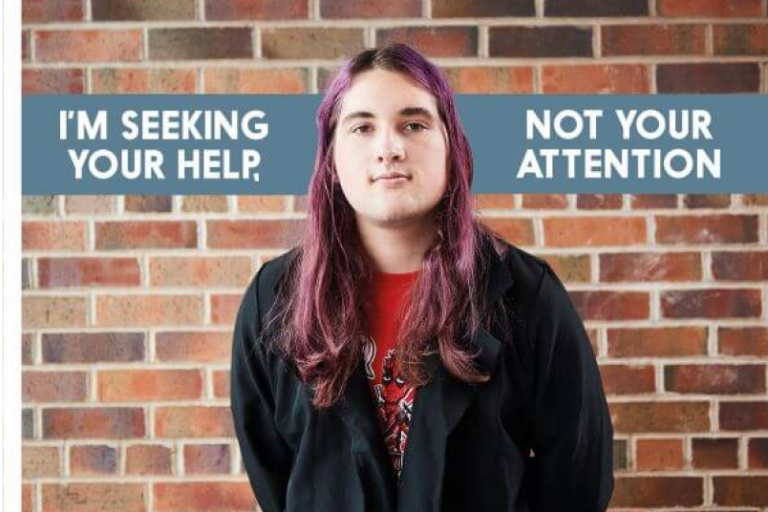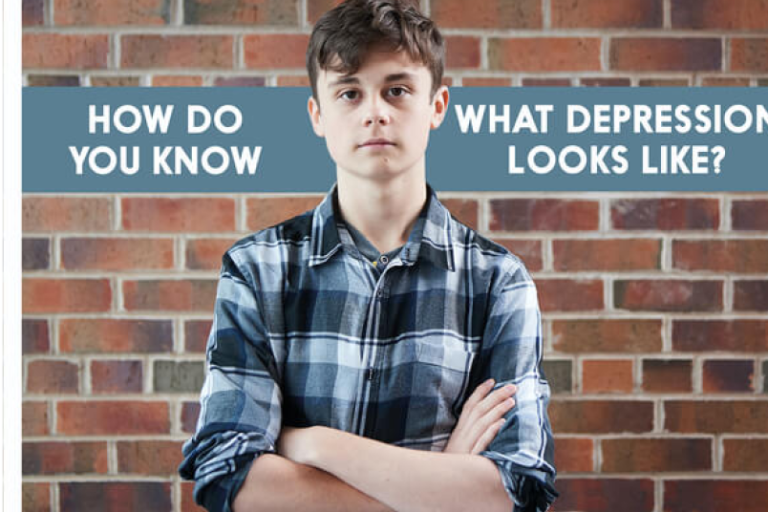I need help with…
Gambling-related harm

What is gambling?
Gambling means risking the loss of money or something else of value when the outcome of an activity is uncertain – when there is no guarantee that you will win.
Casinos, scratch cards, bingo, fruit machines, sports betting, and the lottery are all kinds of gambling. By law, you have to be 18 or older to take part in these activities, but sometimes younger people do get drawn into gambling. Some activities in gaming – like loot boxes – can lead to harmful gambling too.
What is the impact of gambling?
Gambling can harm your physical and mental health, your relationships with family and friends, how much money you have, your school/college work or your job. These are sometimes called gambling-related harms.
Harms can be experienced by the person that gambles, or by the family, friends, and colleagues of someone who gambles.
Some of the signs of harm are:
- Having less time or money to spend on things you enjoy
- Having reduced savings for big items such as university, holidays, or your first car
- Spending lots of time thinking about gambling, or when you are next going to gamble
- Increased use of alcohol or drugs
- Taking a lot of sick days or days off, or missing extra-curricular commitments
- Relationship problems, or being isolated
How might gambling affect your mental health?
Gambling can affect your mental health in many ways. You might find that you choose to gamble to escape from things that are worrying you or from bad feelings. Here are some of the ways gambling might affect your mental health:
- Feeling withdrawn and not interested in the activities you normally enjoy e.g. sports, arts, music, spending time with friends
- Grades slipping at school or college, or finding it harder to concentrate in lessons
- Feeling worried or upset for no reason
- Getting quickly frustrated
- Feeling hopeless and worried about the future
- Finding it difficult to unwind, relax or sleep well
- Forgetting to eat well because you’re worrying about gambling
You might start to notice these effects before you realise the financial impacts.
What thoughts and feelings might I experience?
You might start to experience the emotional effects of gambling regardless of how much or how often you gamble. These feelings might start small but get bigger over time:
- Worrying about the future
- Worrying about money and how you will afford things that you need or, if you have borrowed money, how you will pay this back
- Losing confidence in yourself and your abilities
- Feeling stressed and unable to deal with things
- Feeling easily annoyed with people around you
- Guilt or feelings of regret about how much money or time you have spent gambling
- Feelings of hopelessness and lack of control
Top tips for to reduce and prevent harm
- If you need help or support and are worried you are spending too much time or money on gambling activities, there are services available to help you, listed at the bottom of this page.
- Talk to someone you trust if you are worried. It’s better to deal with your problems by asking for help rather than using gambling as a distraction from what might be worrying you. It is never too early or late to seek help for your gambling.
Is your parent or carer gambling?
If your parent/carer is experiencing gambling-related harm, you might also be affected. They might have less money to buy essential things such as food or clothing or might struggle to pay bills. You might feel that your parent/carer is distracted, secretive, short-tempered or more susceptible to mood swings. If you think you are being affected negatively by the gambling of a parent or carer, there is support available for you, and you won’t get them into trouble.
Get Help Now!
Here are a list of services that can help. The icons below tell you the type of support available.

Big Deal Gambling Support

National Gambling Clinic

Talkzone
Which services can I access?
Some of the services available operate only within city or the wider county area. Pop your postcode in below to quickly check which services are available to you
Related topics
-

Anxiety and Panic Attacks
Everyone gets anxious now and then and anxiety is actually your body giving you a message that you are not safe.
-

Self Harm
Self-harm, or self-injury, describes a wide range of things people deliberately do to themselves that appear to cause some kind of physical hurt. It can be very hard for parents and carers to know about – or witness – self-harming behaviour in their children.
-

Depression or Low Mood
Everyone has ups and downs. Sometimes you might feel a bit low, for lots of different reasons. People may say that they are feeling depressed when they are feeling down, but this does not always mean that they have depression.